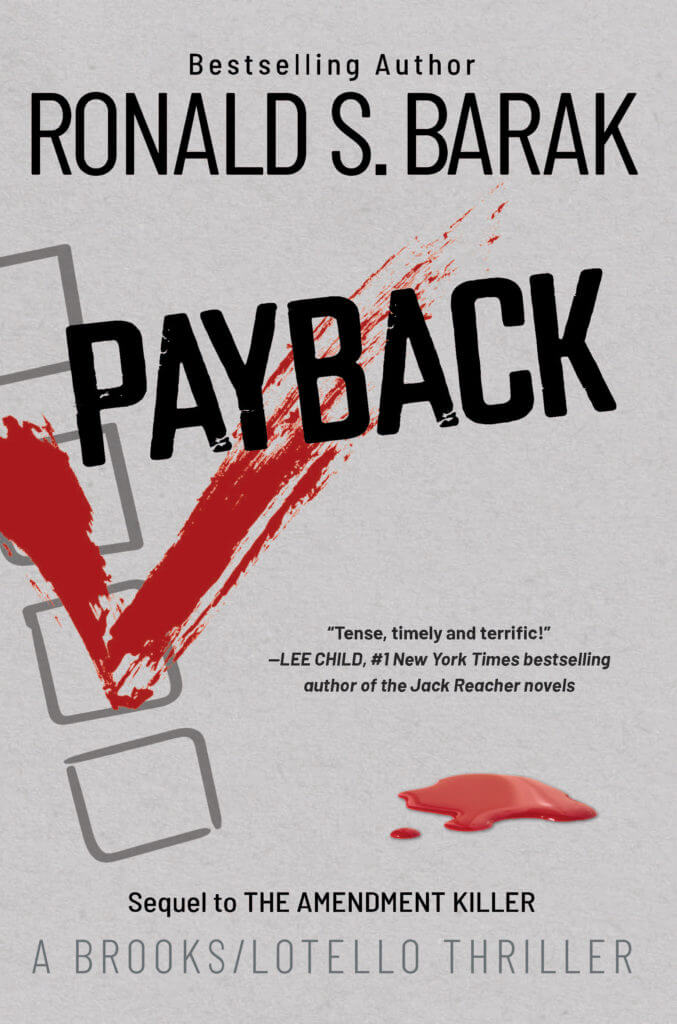 Have you forgotten the “great crash” of 2008? Certainly those who have not had a real job ever since have not. Apparently, our political “leaders” have.
Have you forgotten the “great crash” of 2008? Certainly those who have not had a real job ever since have not. Apparently, our political “leaders” have.
Not the only cause of the 2008 crash, financial deregulation certainly ranks right up there. Left more and more to their own devices, our financial institutions couldn’t contain themselves, employing a number of devices—can you say mortgage-backed securities, securitized real estate and the real estate bubble—that literally brought our country to its knees. Of course, we the people were made to bail out the real culprits, our politicians, first and foremost, and the leaders of those companies that were “too big to [be allowed to] fail.” They got off scot-free. We the people weren’t so fortunate. Not too big to fail, we the people were allowed to fail, and are still trying to pick up the pieces.
Wouldn’t you think our leaders would have learned their lesson? Apparently not so. They’re right back at it.
You know what “securities” are, don’t you? Stocks and bonds and things like that. More precisely, securities are certain kinds of investments—passive investments in which one or more investors (typically many investors) put up money for a “piece of the action” but have no say or control over how the investment is run—successfully or into the ground—by the investment promoters or insiders.
Don’t get me wrong. I’m a capitalist to be sure and capital investment in securities is the fuel on which our capitalist society runs. Securities are as fundamentally important to our society as is food and water, and roads and transportation. But human nature being what it is, capital investment in securities requires a modicum of oversight and regulation lest the “bad guys”—you remember Bernie Madoff—take advantage of the innocent, trusting and often naïve good guys (those passive investors).
Following on the heels of the really great crash of 1929, our federal government created the Securities and Exchange Commission (the SEC) and enacted a series of federal securities laws. Virtually every state in the union followed suit with their own local counterparts, known as “blue sky” laws. As important as raising investment capital is to our economy, these federal laws insist on appropriate disclosure of material facts before securities can be sold, or even offered. Blue sky laws often take it a step further, requiring the offer and sale of securities in their respective states to be fair and equitable in the judgment of state regulators.
Regulators can, however, get carried away and so these laws come with certain “exemptions” to make sure that the tail does not end up wagging the dog. As I said, our economy requires the accumulation of investment capital for its very survival so there must be some “wiggle” room. If the cost of compliance with the securities laws is too great, companies won’t be able to raise the capital they need to grow their businesses and our country will suffer.
There are numerous exemptions, but the most frequently relied upon exemption is what is known as a “private placement,” offerings of securities to wealthy individuals who are considered sufficiently experienced or able to protect themselves, or to hire lawyers to protect them.
Okay, now you know a little bit more about securities law than you did a page ago, but why am I telling you this all of a sudden at this particular moment? The answer is because our political representatives are right now in the midst of doing away with a great deal of the securities laws protections (by increasing the securities laws exemptions well beyond what they have ever been), especially in the case of those who need the protection the most, the smaller investors.
I know our small businesses need more investment capital and they need to raise it more cheaply than has been possible under historical securities laws. Just ask their lobbyists! However, I believe the pendulum is being allowed to swing too far away from the little investors in favor of the little businesses.
Consider the fairly recent concept (perhaps a few years old now) known as “crowdfunding.” This is a folksy, small style of social media like offering of investments. Don’t kid yourself. It may be small and it may be folksy, but it’s fraught with just as much danger, traps and pitfalls as the larger securities offerings.
Perhaps you’ve heard of the recent Oculus crowdfunding developments? Two or three years ago, Oculus raised some “seed” money to hold the wolves at bay, a few million dollars, from a bunch of small time investors. No securities law compliance, just some “friendly” little social media offerings flying well beneath the radar. Well, Oculus hit the jackpot when Facebook recently paid Oculus $2 billion to buy the company! The original owners of Oculus received the $2 billion. The crowdfunding investors who put up the few million dollars to keep Oculus going got . . . nothing.
Silly me, I consider a pat on the back and an attaboy as nothing. They did get one more thing—a primer explaining to them the difference between “reward” crowdfunding and “equity” crowdfunding. Turns out the crowdfunding investors in Oculus were reward investors, investing for the psychic reward of feeling good in helping out Oculus, but were not equity investors, actually getting a “piece of the rock.” Turns out a lot of those investors didn’t know the difference and were shocked to learn that their share of the $2 billion payoff was . . . zero.
If you talk to your political representatives, they will tell you that the recent relaxation of the securities laws is good for the country and that the regulators will still watch out for the little investors. That’s what our political leaders said when they loosened the oversight and regulation of the financial industry that helped allow, if not cause, the 2008 crash.
How soon we forget. Or at least how soon they forget. Of course, they have nothing to lose.
Join the discussion either by logging in just below or by signing into your favorite social media outlet. If you’re having trouble, please follow these instructions to guide you! Thanks!







